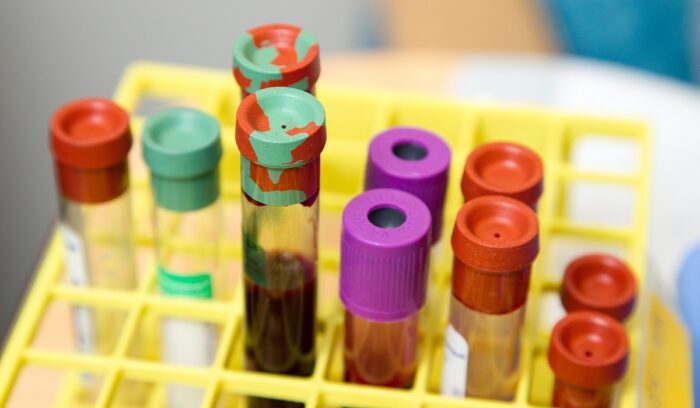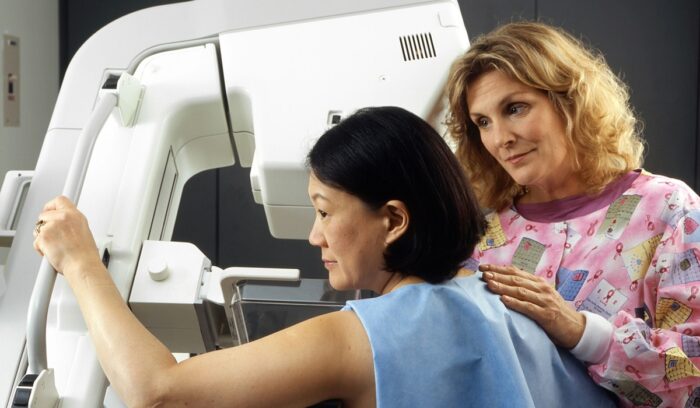New mRNA cancer vaccine triggers fierce immune response to fight malignant brain tumor
In a first-ever human clinical trial of four adult patients, an mRNA cancer vaccine developed at the University of Florida quickly reprogrammed the immune system to attack glioblastoma, the most aggressive and lethal brain tumor.
In a first-ever human clinical trial of adult patients, an mRNA cancer vaccine developed at the University of Florida reprogrammed the immune system to attack glioblastoma, the most aggressive and lethal brain tumor. The results mirror those in 10 pet dog patients suffering from brain tumors, as well as results from preclinical mouse models. The breakthrough will now be tested in a Phase 1 pediatric clinical trial.










